How homosexuality went from being an ‘issue’ to a ‘person’
By Yena K. Hwang View and print as PDF
View and print as PDF
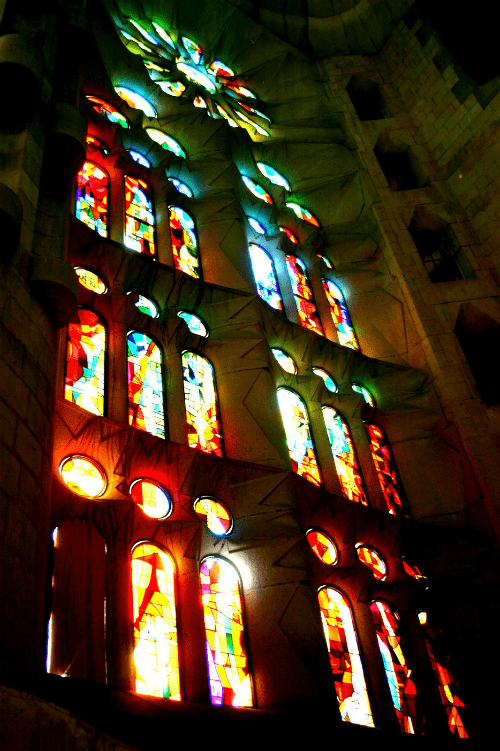
I was eight years old, at Hoo Am Catholic Church in South Korea, when I first witnessed the sharing of the Eucharist. The sunlight was coming through the stained glass windows, making a kaleidoscope of colors to dance on the white lace head coverings and faces of the communion receivers.
It was my first worship experience in a church and I was mesmerized by the mystery of the rituals being carried out before me. I watched with curiosity, as people walked up to the priest and knelt as the priest placed a communion wafer on their tongues. They bowed with their hands together in prayer form and then made the sign of the cross before returning to their seats. I had no clue what was going on, but I felt like I was missing out on something magical and important. I wanted to be part of that special group of people receiving the bread of heaven.
Fast forward eight years… by this time, our family had moved to the United States. We were active members of a Korean PCUSA church. I was sixteen years old and I was excited to receive baptism. I memorized the essential creeds, the Ten Commandments, and whatever else was required to receive baptism, with excitement. Finally, I thought, I will taste the bread of heaven.
Communion was a sacred event at my church. Elders served flat wafers or cubed white bread with careful reverence, sharing the sacrament with the baptized and confirmed, with those who were truly penitent in heart, and with those who were deemed worthy. As if to enhance the solemnity and importance of the act, the church celebrated communion only on special occasions like Easter and Christmas.
___________________________________________
As I received the communion elements—bread from heaven, cup of the new covenant—I suddenly saw my friend for what she was: a child of God, whose identity included both a call to ministry by God and a sexuality that brought her into committed relationship
with a loving partner and woman.
___________________________________________
So, imagine my disappointment, when I finally tasted one of those wafers. It tasted like cardboard. More importantly, I did not feel anything. I did not see angels, hear heavenly music, or feel the irruption of the Holy Ghost, snatching my body away to make me more holy. Good thing our church celebrated communion only three to four times a year.
Fast forward fourteen years… I was thirty years old, going back to graduate school for a Master of Arts in Marriage and Family Therapy (MAMFT) at Louisville Presbyterian Theological Seminary in Kentucky. During the orientation weekend, I met a young woman who was entering the Master of Divinity (M. Div.) program. During the various (and dreaded) icebreaker activities, the two of us were paired so that we could get to know each other. We shared where we had lived prior to coming to Louisville, what schools we attended, and our family backgrounds. I noticed a gold band on her left hand ring finger and asked, “So, are you married?” She had been very articulate up to this point, but she began to stumble over her words. “Well, no…but I have someone…” She became visibly flustered and I felt her discomfort and we just left it at that.
The next day, she came up to me and explained the reason behind her difficulties with my question. She said she was gay and she wore a wedding band because she had been with her partner for 10 years and they were as committed to each other as any other married couples. She had hesitated to share her relationship status with me, not knowing if I was a “friend” or a “foe,” not knowing where I stood on the “issue.” I don’t recall what I said in response, but I do remember feeling confused.
I had been living under a rock, insulated by a Korean-American community that did not want to deal with issues related to homosexuality. Homosexuality was not an issue that needed to be studied or discussed, because “the Bible is clear on this subject,” period. Even as a Master of Divinity student at Princeton Seminary, I did not know what to make of the issue. There were diverse theological perspectives on campus, as with anything else. My senior year, the faculty of Princeton Seminary had published a book titled, Homosexuality and Christian Community. I thought I would get a clear answer through that book. I didn’t. As this was not a pressing matter for me personally, I didn’t give it much more thought… until I encountered my new friend at Louisville Seminary. All of sudden, this became an important issue that I needed to figure out. I needed to know what to make of this new friend, who loved the Lord, loved the church, and loved the people of God and was going to spend her life sharing that love through her ministry—and with her partner, a woman.
There was much going on those early weeks of my first semester at Louisville Seminary. The reason for the recent resignation of the President of LPTS was revealed: sexual misconduct and abuse. Then they announced the resignation of the Director of MAMFT, a week before classes were to begin. She had been one of the victims. These were disturbing news. The pain was palpable on campus. Although I was new to the school, I also shared the sting and pain of betrayal. And on top of all that, I was confused about what was the right Biblical understanding of homosexuality. So, I sought comfort and solace through chapel services.
___________________________________________
I pray that the power of the Holy Spirit, which transforms those earthly elements into heavenly elements, will transform us from secular beings into holy beings, worthy to be called
ambassadors for Christ, heirs with Christ, as beloved children of God.
___________________________________________
It was still in the first month of the academic year. It was a Communion Friday. I don’t know who led the worship or who preached that day. I just remember sitting in the pews looking around at those who had gathered to worship. There were students, professors, faculty members, supporting staff members, grounds keepers—a fairly diverse group of people, all gathered for worship and communion. Muffled sounds of people walking down the aisle toward the communion table caught my attention. Then the faces of the people caught my attention. One of them was my new friend. And then I knew.
As I received the communion elements—bread from heaven, cup of the new covenant—I suddenly saw my friend for what she was: a child of God, whose identity included both a call to ministry by God and a sexuality that brought her into committed relationship with a loving partner and woman. Before, homosexuality had been an “issue,” an abstraction debated and parsed, or simply ignored. Now, homosexuality was a person. As we ate of the same bread and drank of the same cup, I felt the presence of God and I felt the presence of this friend; everything else just fell away.
We are all children of God. We are all broken people who have experienced God’s grace and mercy. We are people made whole by Jesus’ body, broken for us, Jesus’ blood, spilled for us. It was through that communion service, that I heard the voice of God saying, we are loved by God, all of us, equally. There was no distinction between the highly educated professor and the first year student, no distinction between who was straight and who was gay… In God’s eyes, we are all precious beloved children PERIOD.
There was no confusion. There was no doubt. It was a transformative moment.
Jesus commanded us to have table fellowship in remembrance of him—his teachings, his vision, his mission, his heart for all people, his pursuit of justice and truth. For so many years, I was going through the motions of communion, without truly experiencing it. Communion had become a ritualistic practice, void of the transformative power until that day. I repented. I went and sought out my friend and thanked her for her courage to speak honestly with me. I cannot forget what that moment of clarity felt like for me. My eyes, ears, and heart opened up to receive God’s truth, in broken pieces of bread dipped in wine. Since then, I have not forgotten the transformative power in the act of breaking bread and sharing the cup.
Every time I participate in communion, whether it is at the local congregation or at the presbytery or at a retreat, I pray that the Words of Institution, the prayers, and the elements of bread and wine will do their mysterious work… that the power of the Holy Spirit that transforms those earthly elements into heavenly elements will transform us from secular beings into holy beings, worthy to be called ambassadors for Christ, heirs with Christ, as beloved children of God.
If you would like to learn how to become a welcoming congregation, Unbound is pleased to share these resources with you:
- “Believe Out Loud: How To Be Welcoming” video
- Building An Inclusive Church Training Event
- Becoming a More Light Presbyterian Congregation
- Covenant Network Congregations, PC(USA)
- Open and Affirming through the UCC Coalition of LGBT Concerns
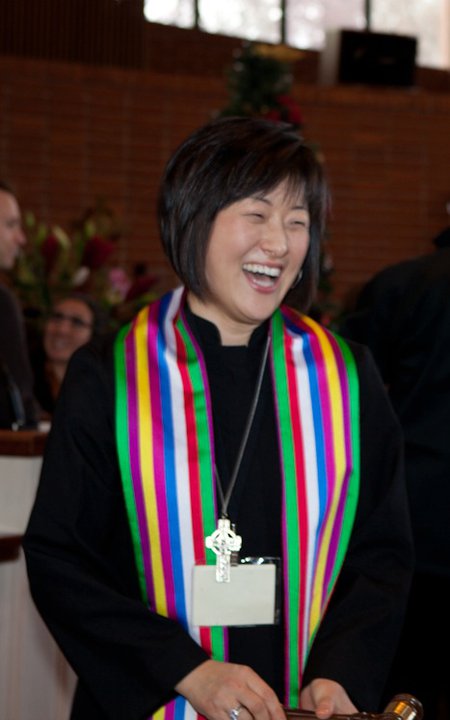 Yena Hwang is a clergy member of National Capital Presbytery and recently served the presbytery as moderator. She is also a Licensed Graduate Marriage and Family Therapist in Maryland. She received her M.Div. from Princeton Theological Seminary and went on to serve a congregation in Dallas, TX. She studied at Louisville Presbyterian Theological Seminary to receive an MA in Marriage and Family Therapy, where she was able to integrate the spiritual and theological world to the world of behavioral science.
Banner photo by Zsuzsanna Kilian.
Yena Hwang is a clergy member of National Capital Presbytery and recently served the presbytery as moderator. She is also a Licensed Graduate Marriage and Family Therapist in Maryland. She received her M.Div. from Princeton Theological Seminary and went on to serve a congregation in Dallas, TX. She studied at Louisville Presbyterian Theological Seminary to receive an MA in Marriage and Family Therapy, where she was able to integrate the spiritual and theological world to the world of behavioral science.
Banner photo by Zsuzsanna Kilian.

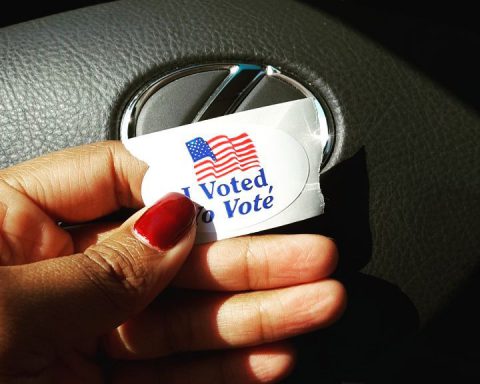
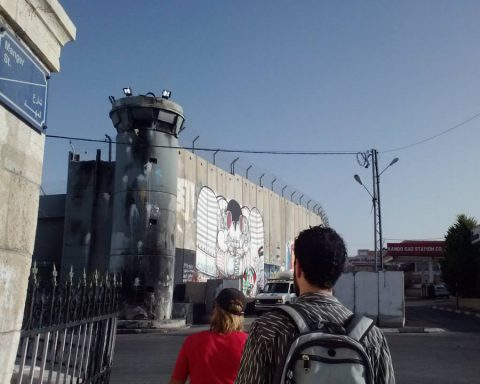
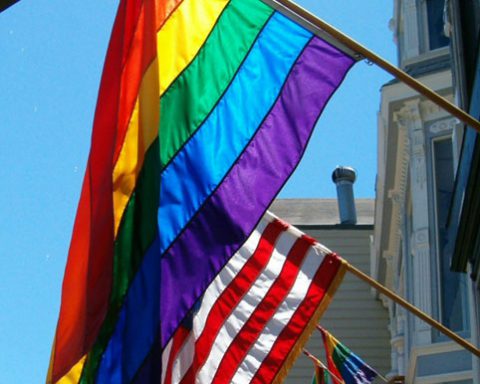

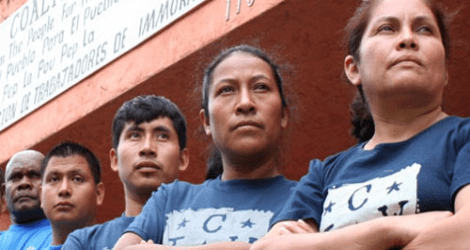
Unbound Social